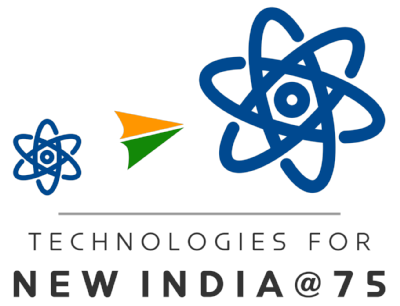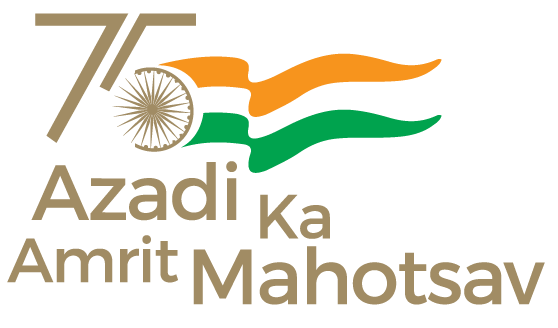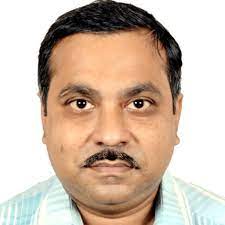  | Colloquium # 314
Research activities at PED laboratory, Cryogenic Engineering Centre, IIT-Kharagpur
By
Prof. Parthasarathi Ghosh,
IIT-Kharagpur
Tuesday, May 31 2022 at 11 AM
|

Abstract
Process Equipment and Design (PED) laboratory at Cryogenic Engineering Center (CEC), IIT-Kharagpur has been extensively focused on the research activities related to cryogenic processes and related equipments. The research is being carried out in the fields of cryogenic turbo-machinery, cryogenic storage, transfer, two-phase flow, and process simulation etc. Cryogenic turbo-expander for small scale experiments, using air, nitrogen and helium as a working fluid, has been designed, fabricated and tested for the centrifugal stresses along with the investigation of performance of using mean line analysis. The lessons learnt and planned future tasks related to the cryogenic turbo-machinery will be discussed during the talk.
PED lab is also involved in investigating, transfer and two-phase related problems in the cryogenic domain using advanced software like Flownex, GFSSP, Ansys, and Openfoam etc. Examinations are being carried out regarding chilled down of cryogenic transfer lines, hammering effects, etc. Single and multiple bubble studies are being conducted via direct numerical simulation to propose potential benefits in biomedical and heavy engineering. The talk will cover the major issues faced and resolving steps taken during the above activities.
In the field of cryogenic process simulation and equipment design, various studies have been conducted at PED lab. There are many research activities including the customization of the commercial process simulators like Aspen has been conducted and issues with the commercial process simulators have been pointed out. PED lab has also highlighted what features should a cryogenic process simulator equipped with. In this regard, PED lab is working on the development of a cryogenic process simulator, which will be able to cater the needs of the academia and industry regarding cryogenic process simulations. The talk will focus of the research being carried out and the future activities related to the cryogenic process simulator development.
The talk will also cover the different aspects of cryogenic systems, and may be useful to the audience from different disciplines e.g. Mechanical, Chemical, Process etc.
About the speaker
Prof. Parthasarathi Ghosh is a professor at CryogenicEngineering Centre, IIT Kharagpur. He has bachelor’s degree in Mechanical Engineering from SVREC (now SVNIT), Surat, India. He received his M.Tech. in cryogenic engineering and his Ph.D. degree in Analytical and Experimental Studies on Cryogenic Turboexpander from the Indian Institute of Technology, Kharagpur (IIT-Kgp), India. After completinghis doctoral work, he joined RRCATIndore, a Department of Atomic Energy (DAE) of India research organisation as a Krishnan ResearchAssociate and later as a Scientific Officer where he was one of the persons who was instrumentalin the realization of the Country’s first indigenously developed helium liquefier. In 2006, he joined Cryogenic Engineering Centre, IIT-Kgp as a faculty, leading the Process Equipment and Design Laboratory. From 2016 to 2019, he served as the Head of the Centre and is currently a Professor. His research activities include cryogenic process simulation, cryogenic equipment design, turbomachinery including high-speed cryogenic microturbines, acoustic and laser-induced bubbles,two-phase flow and cavitation in cryogenic fluid management systems. He has been involved in several national and international projects in organizations like ISRO, IPR,VECC, ITER and other industrial establishments. In ITER (International Thermonuclear Experimental Reactor), he is involved as an expert member of different design review committees for cryolinesand cryodistribution systems. He is a member of the Advisory Editorial Board, Cryogenics Journal, Elsevier (2021 and onwards). Prof. Ghosh has also received the award for outstanding reviewer of cryogenics journal (Elsevier) for the year 2015, the Van Duzer Prize from the IEEE Council on Superconductivity in 2020, and also the Milton Van Dyke Award from the Gallery of Fluid Motion, 74th APS Division of Fluid Dynamics Meeting in 2021.He has joint authorship of over 100 publications in international andnational journals and conference proceedings.

